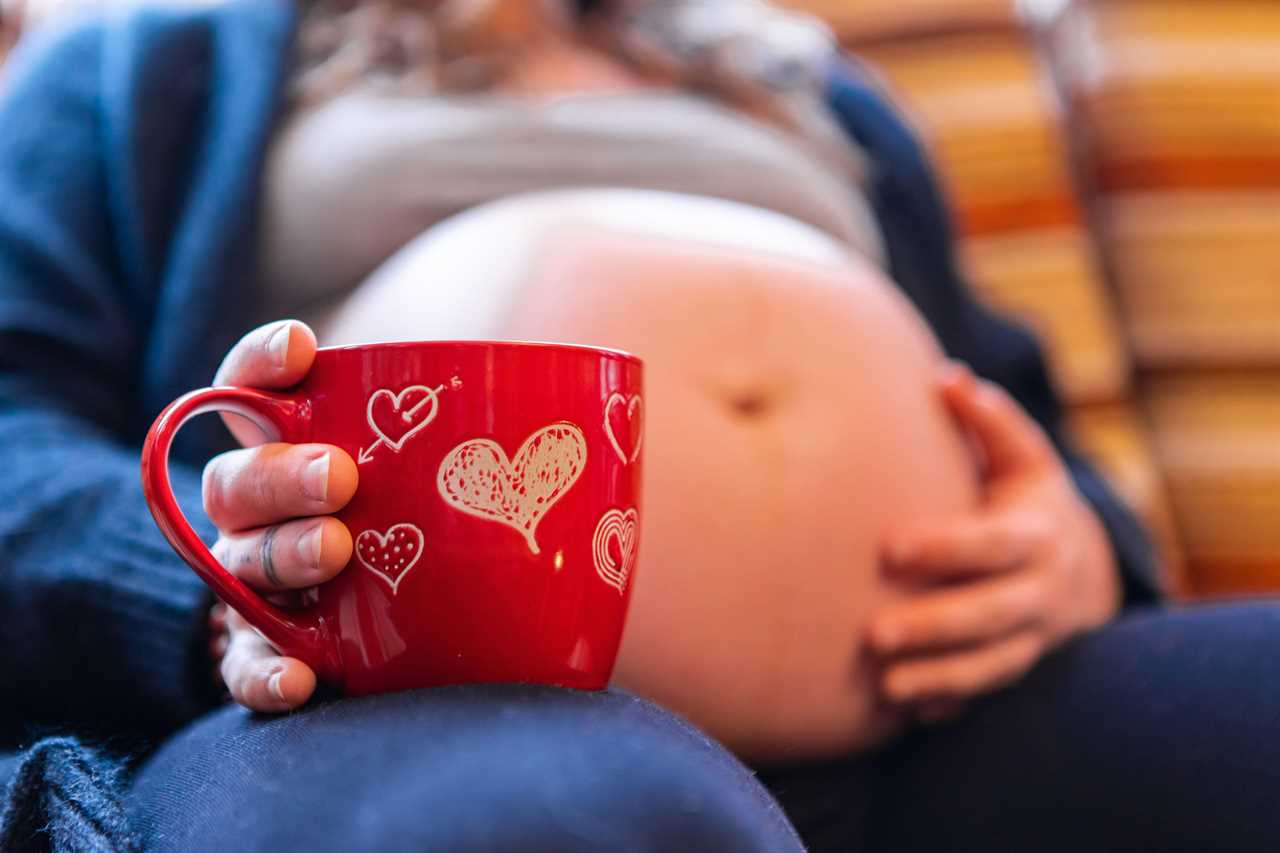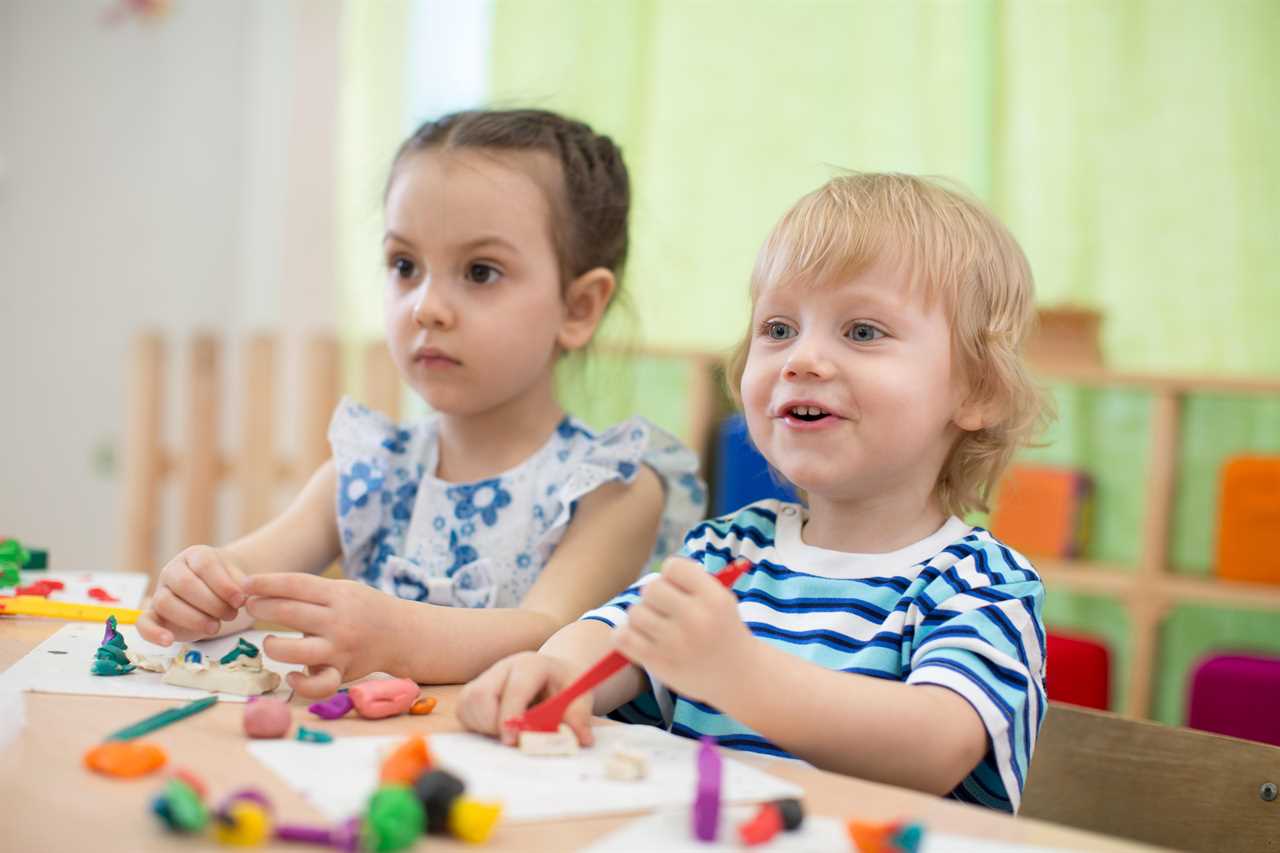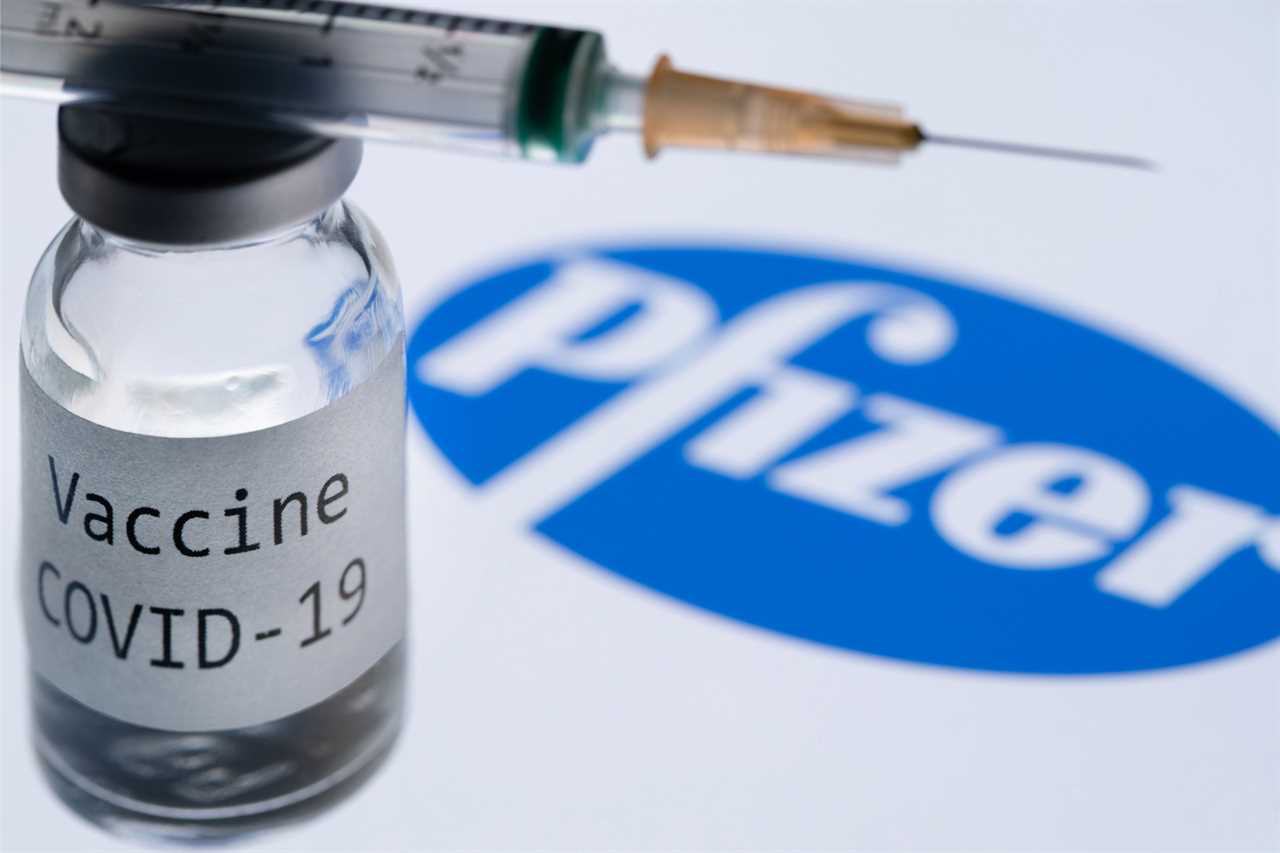PREGNANT women have been advised not to have the Covid vaccine due to a lack of evidence on the possible harm it may do.
Here we look at what other groups have been told not to have the Pfizer vaccine that is being rolled out.

Pregnant women
The Joint Committee on Vaccination and Immunisation (JCVI) “favours a precautionary approach” to pregnant women getting the coronavirus vaccine developed by Pfizer and BioNTech.
The mass immunisation of the UK is set to begin next week after the vaccine was found to be 95 per cent effective, according to studies.
The first people to get the jab will receive it on December 8 with priority given to those aged 80 and over.
It will then be rolled out to other sectors in society according to a priority list with people in care homes and NHS workers also at the top of the list.
Pregnant women have been told not to have the jab because there is not enough data on its safety.
Women who are hoping to become pregnant within the first three months of the first dose – people need two doses of the vaccine 21 days apart to be fully protected – should not get the jab, either.
Professor Jonathan Van-Tam, the deputy chief medical officer for England, said there is not enough information on pregnant women because none of the trials for the vaccine deliberately included them.
The JCVI said it would review any new data once it was produced.
Adam Finn, a professor of paediatrics at the University of Bristol, says it is normal practice to avoid giving vaccines to pregnant women “unless there is evidence to support safety”.
“This is because of the very high need to avoid risk to the mother, the baby and the pregnancy.
“Equally there is a need to provide protection to pregnant women against infection – accordingly it is a priority to obtain the necessary information to confirm whether this is safe. But this takes time.”
Stephen Evans, a professor of pharmacoepidemiology at the London School of Hygiene & Tropical Medicine, said medicines, drugs and vaccines are only authorised for use in groups where there is evidence of efficacy and safety.

Children
Children under the age of 16 have also been advised not to have the coronavirus vaccine.
As with pregnant women, this is because of a lack of evidence it is safe.
The JCVI said children infected with Covid-19 are either asymptomatic or experience mild symptoms.
It said: “The committee advises that only those children at very high risk of exposure and serious outcomes, such as older children with severe neuro-disabilities that require residential care, should be offered vaccination.”

Anyone with allergies
Anyone with an allergic reaction to any of the ingredients in the vaccine has been warned not to have it.
The ingredients of the vaccine though have not been released yet however Professor Van-Tam said they would be made known once the manufacturer had released the information.
He told the BBC though that he was not aware the jab had any links to egg allergies.
The NHS says having an allergic reaction to a vaccine is very rare but people should speak to their GPs if they know of any allergies they have.






